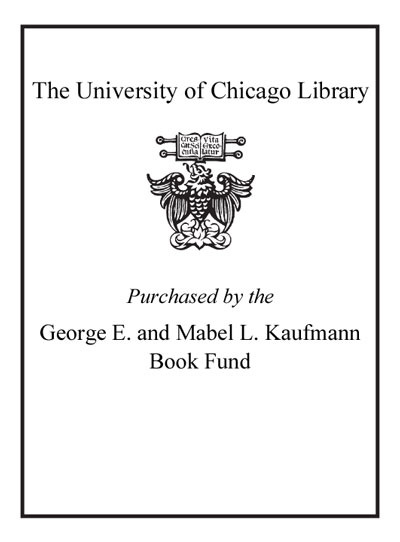Review by Kirkus Book Review
Memories of WW II childhood as a Japanese-Canadian--with clear dramatization of the fact that, in some ways, Canada's treatment of its Pacific coast Nisei citizens was even worse than America's. The narrator is Sansei (third generation) schoolteacher Naomi Nakane, who in 1972--upon the death of her uncle--returns to the farmhouse where she spent much of her childhood. And, while helping her ancient, stonily grieving aunt (Obasan), she is periodically overtaken by memories, by old family puzzles--especially when she finds the journal of her other aunt, crusading Aunt Emily of Toronto. (Naomi herself, unlike Emily, tries to avoid the old wounds: ""Crimes of history, I thought to myself, can stay in history."") Naomi remembers: the comfortable prewar years with her cultured family; her mother's 1941 visit to Japan, a trip from which she mysteriously never returned; the fracture of the family in 1942, with some interned (like her tubercular musician-father), some fleeing east (like Emily), and some exiled to ghost towns in the interior. Naomi and brother Stephen, then, are relocated, with resilient Obasan, to a wilderness town called Slocan--to live there, and elsewhere, in ""cesspools"" (huts, tents, abandoned hotels), to be taunted by white children in the woods. And this split-up, nowhere life doesn't end with V-J day: Japanese-Canadians, their property liquidated, are pressured to return to Japan or go east, and the Nakanes, unprepared to do either, end up as beet-farm laborers. . . while Grandmother dies, Father dies, and Mother is never heard from. Before her uncle's funeral rites are over, however, Naomi will at last learn--from Aunt Emily, who has arrived, along with Stephen--the secret of her mother's fate (which many readers will anticipate): she was a maimed victim of the Nagasaki A-bomb, survived for a while, but chose not to let her family share her horror. Unfortunately, first-novelist Kogawa, while usually writing with plain eloquence, sometimes dilutes this powerful material--in limply poetic prose (""Maypole Mother, I dance with a long paper streamer in my hand""), in unnecessary announcements of her theme: ""Oh Canada, whether it is admitted or not, we come from you we come from you."" And there's an occasional conflict in focus (the Japanese-Canadian history vs. Naomi's particular growing pains), suggesting that a non-fiction approach might have been more consistently involving. Still: a poignant, painful story, recollected with vivid, sparely evocative details. Copyright ©Kirkus Reviews, used with permission.
Copyright (c) Kirkus Reviews, used with permission.
Review by Kirkus Book Review

